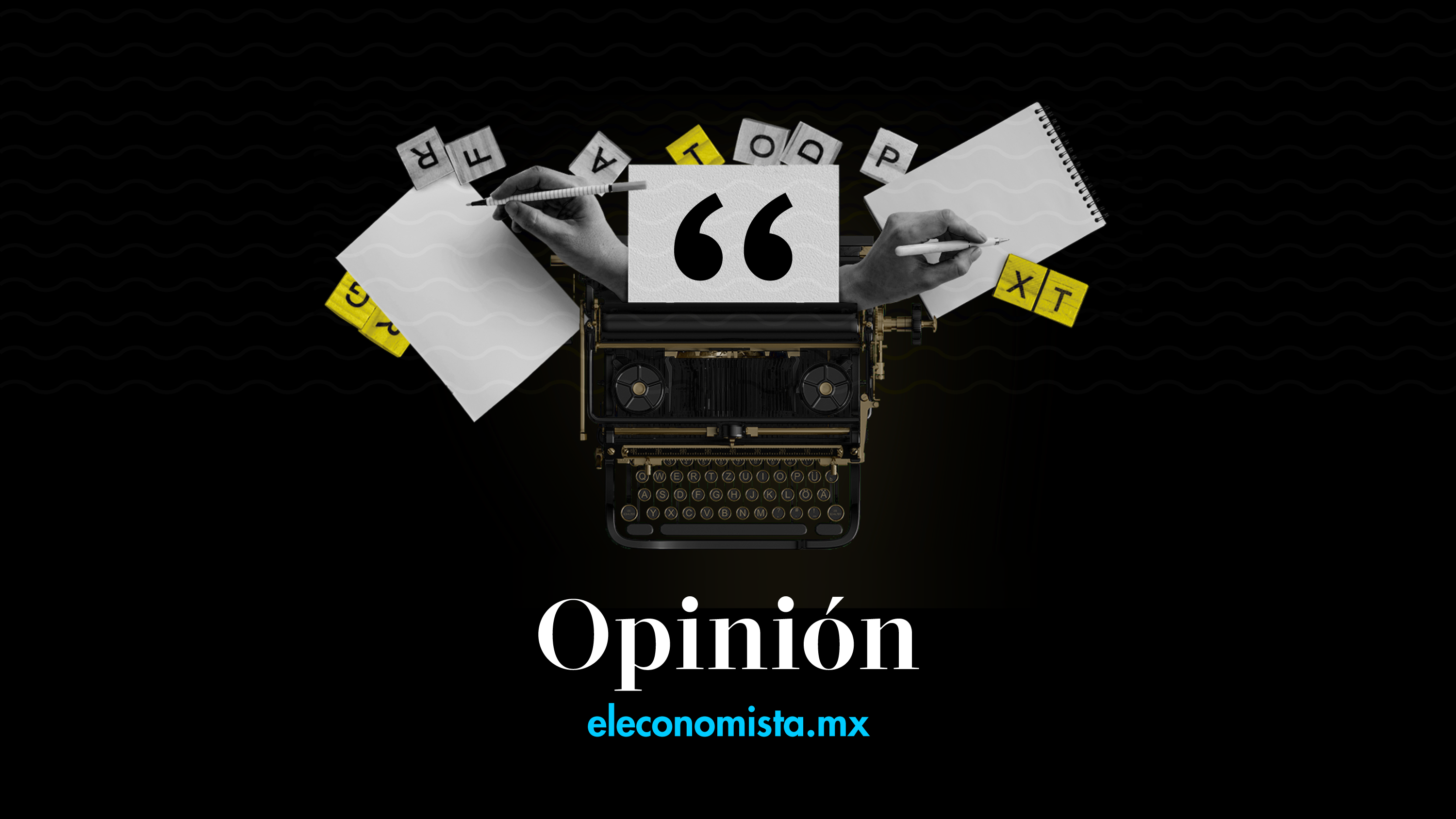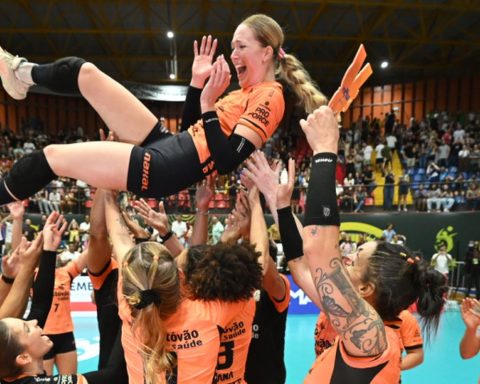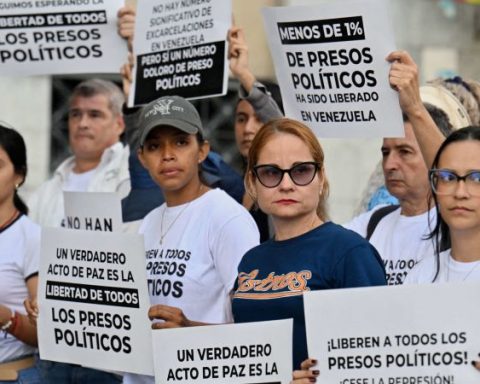Although Banco de México is autonomous, it does not mean that it is not subject to a democratic accountability process or isolated from politics. At the end of the day, the proposals to Congress to occupy a place on the Governing Board are political designations by the Executive. But the law provides a shield against political pressure, for example, the Executive cannot dismiss any member of the Board due to differences in the policies adopted, the periods of its members are staggered and the institution is financed with its own resources without depending on public budget funds.
The Bank’s law establishes that, during a presidential cycle, given the staggering of the periods of the members of the Board, the head of the Executive can propose four members. However, in the case of López Obrador there will be five, since in 2019 Gerardo Esquivel was appointed to end the term of the deputy governor of Cueto, who resigned before his term ended in 2022. Thus, the fifth nomination in this six-year term will be to occupy Esquivel’s place.
The staggering favors a shifting correlation of political forces within the Board. Clearly two deputy governors, Heath and Irene Espinosa, are from an Orthodox line; On the other hand, Esquivel has a heterodox formation and inclination, often not closely linked to central banking. Regarding Galia Borja and Governor Rodríguez, it is difficult to establish his line of thought, although the direction of his vote during this cycle of interest rate hikes has been consistent with the control of inflation.
However, in the case of the governor, in view of her little experience in issues and operation of a central bank, it is important to know the degree of her analytical and appreciative capacity to understand economic, monetary issues and the dynamics of the financial markets. . With just seven months in office, she appreciates the prudence she has shown. However, the Bank must have a governor who is more communicative and proactive with the media and the markets, in order to get to know her positions and opinions more precisely. With her communication, a head of the Central Bank exerts a fundamental influence on the development of the markets, what Greenspan called “oral intervention”.
Esquivel meets the requirements to be proposed for a full eight-year term as deputy governor (2023-2030). Such fate depends entirely on López Obrador and his sympathy for Esquivel. In case he is not renominated, surely the president will look for a heterodox profile, with little experience and favorable to the 4T. This can change the balance of power within the Board. It would be more convenient to nominate a cadre trained in the Bank; there are at least two very competent candidates. This would remedy the situation that today no member of the Board comes from within the Bank. This is important because of the institutional knowledge and historical memory that it can contribute to the Board. But it is difficult to think that López Obrador has the maturity and objectivity for such an appointment.
Twitter: @frubli
Economist
IMEF Magazine
Economist graduated from ITAM. He has a Master’s degree and doctoral studies in monetary theory and policy, and international finance and trade. Columnist for The Economist. He has been an advisor to the Board of Governors of Banxico, Director of Institutional Liaison, Director of External Relations and Coordinator of the Governor’s Office, Manager of External Relations, Manager of Macrofinancial Analysis, Deputy Manager of Macroeconomic Analysis, Deputy Manager of International Economy and Analyst .

















